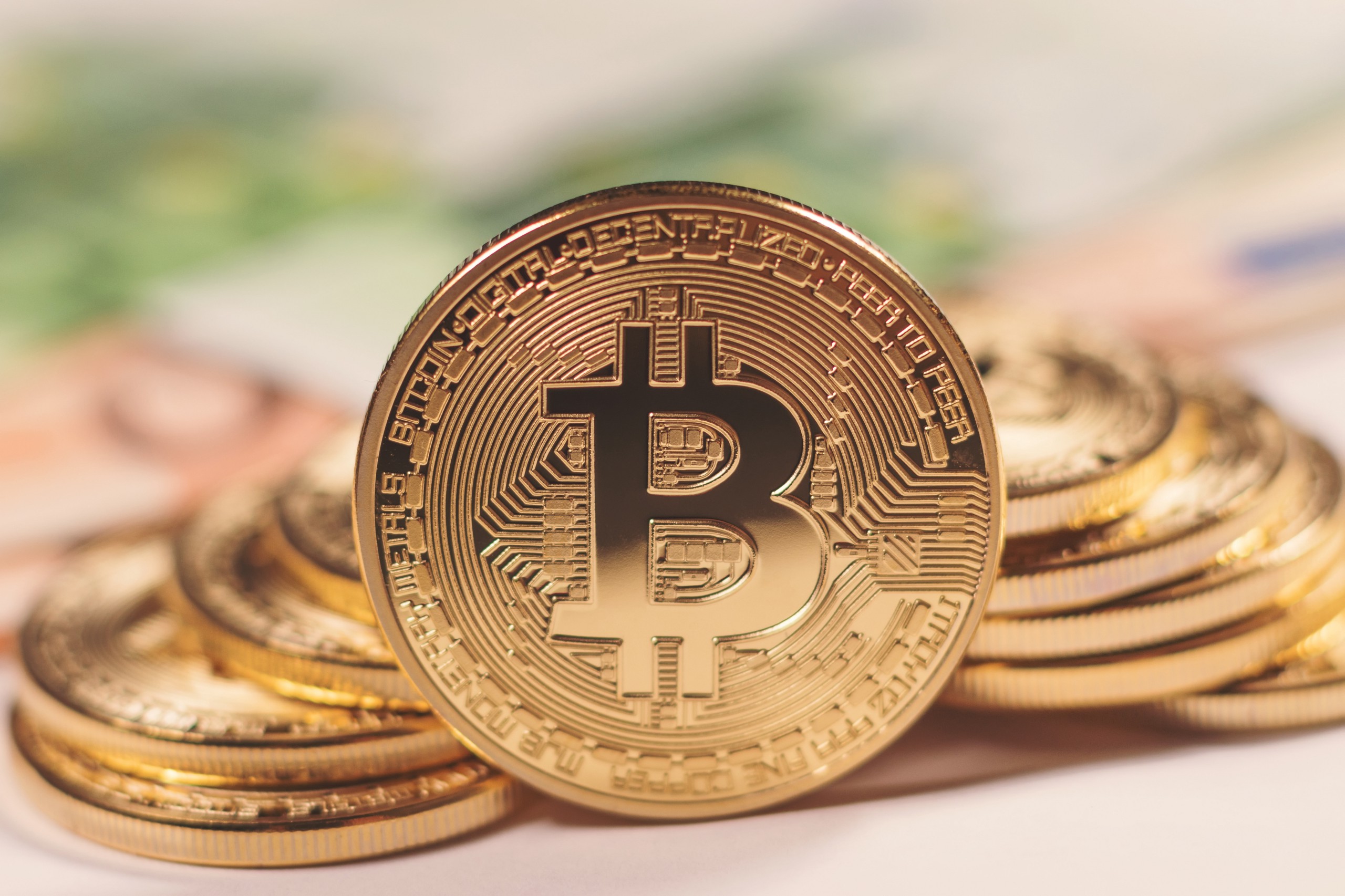
Bitcoin has been front and center in business headlines for a while now. Our hunch? It will continue to enjoy that spot because in this digital world, cryptocurrencies seem to be gaining favor.
People like Bitcoin for a variety of reasons. It’s secure. It’s anonymous. And it is de-centralized with no middleman bank or bank fees.
Understanding the basics
Crypto what? And just what is Bitcoin?
For starters, you should know that Bitcoin is a type of digital currency. It is, in fact, the world’s biggest cryptocurrency (“crypto” meaning written or read by code). Introduced in 2009, Bitcoin with a capital “B” is the software and system, whereas bitcoin with a lowercase “b” is the virtual “money.” And it is virtual. You will never see it, touch it, smell it or hold it in your hand like regular money.
You already know what currency is — ”money” that is exchanged for goods and services. One of the essential qualities of currency is that it can’t be copied. If currency can be copied on a scale that manipulates the overall supply, its value flies out the window. This is why precious metals acted as some of the world’s first currencies — they were easy to identify, somewhat rare, and impossible to create from scratch. Bitcoin has been referred to as “digital gold.” It is essentially impossible to re-create.
Now for the “crypto” part
What sets digital currencies apart from other currencies is that they use cryptography, a term referring to the ways readable information is encrypted or transformed into unreadable data. In fact, cryptography is one of the most valuable features of cryptocurrencies. With a complicated code system to encrypt each transaction, cryptography makes cryptocurrencies seemingly counterfeit-proof. And in this computer age when copying things is as easy as child’s play, this is hugely attractive.
Imagine if you could “right click” on a 50-dollar bill, then “copy and paste” and print it, thereby falsely fattening your wallet or bank account with just a few clicks. Or what if you could open up your bank account statement digitally and type a couple of extra zero’s on the end? Our entire monetary system would fail. For financial transactions to work (either on or off-line), there must be a trusted middleman to record the precise inflow and outflow of money. This is what banks do.
Giving banks the boot
But, here’s where cryptocurrencies deviate. Instead of using a bank to record and track transactions, a tamper-proof, de-centralized online public ledger or database is used. The ledger is monitored by a whole network of cryptocurrency users who “watch” each online transaction that occurs.
This public digital ledger is also called a “blockchain.” It comprises a list of time-stamped transaction records (called blocks) that keeps growing as completed blocks are added. Payments are sent peer-to-peer from the buyer to the seller, with no fees, exchange of personal information or involvement from a bank or clearinghouse.
Cryptocurrencies are also independent of government involvement since they are not issued by, backed by or tied to a nation or government.
The upside
It is easy to see why cryptocurrencies are growing in popularity.
1. No third-party oversight is needed. Maintenance of the blockchain is provided by cryptocurrency users, who are paid in cryptocurrency to do so. Bye-bye banks. They are out of the picture.
2. Transactions are secure and permanent. This can work for or against you. If someone schemes you out of Bitcoin, there are no do-overs. On the bright side, if someone pays you in Bitcoin, there is no faking it.
3. Transactions are theoretically cheaper and faster. Because most cryptocurrencies can be divided by any amount and are not restricted to dollars and cents, sending one cent is as quick as sending one million dollars.
4. You are anonymous. There is no exchange of personal information. Instead, you have an “address” known only to you. The only thing that gives you access to your account as a user is your private key or hash, which is used to verify transactions that are submitted to the blockchain.
The downside
Cryptocurrencies like bitcoin are not without their weaknesses. There are no regulators. There is potentially more volatility. And transactions can’t be undone. Even so, these soft spots do not seem to be dampening their growing popularity. Just read the business news.
Who accepts bitcoin payments?
Many mainstream companies currently accept bitcoin payments. While not exhaustive, this list includes firms like Microsoft, Intuit, Expedia, Overstock, Dell Computers, Square, Inc. and PayPal merchants (who opt in). We don’t doubt others will be joining them.
In short, cryptocurrencies are like any other assets in that they can be traded for goods or services and should hold their value over time. But they are unlike any other in their implementation. And while there may be some bugs to be worked out as trading in Bitcoin grows, they offer security and scalability in a way that no other monetary system in history has.
Right now we are just scratching the surface of this technology. There is no saying just how far it will go.
Advisory services are offered by Joslin Capital Advisors, LLC, an SEC Registered Investment Advisor.